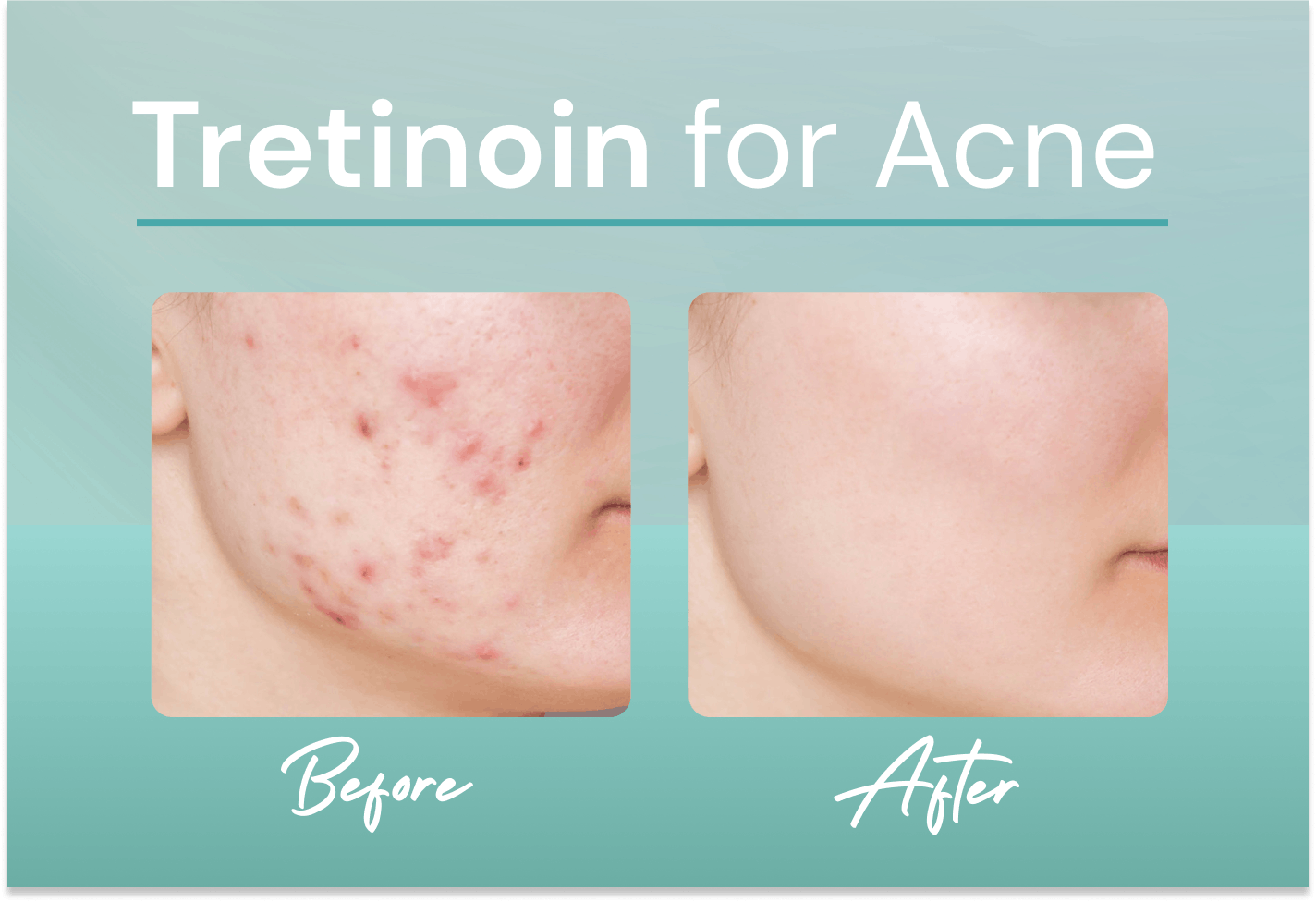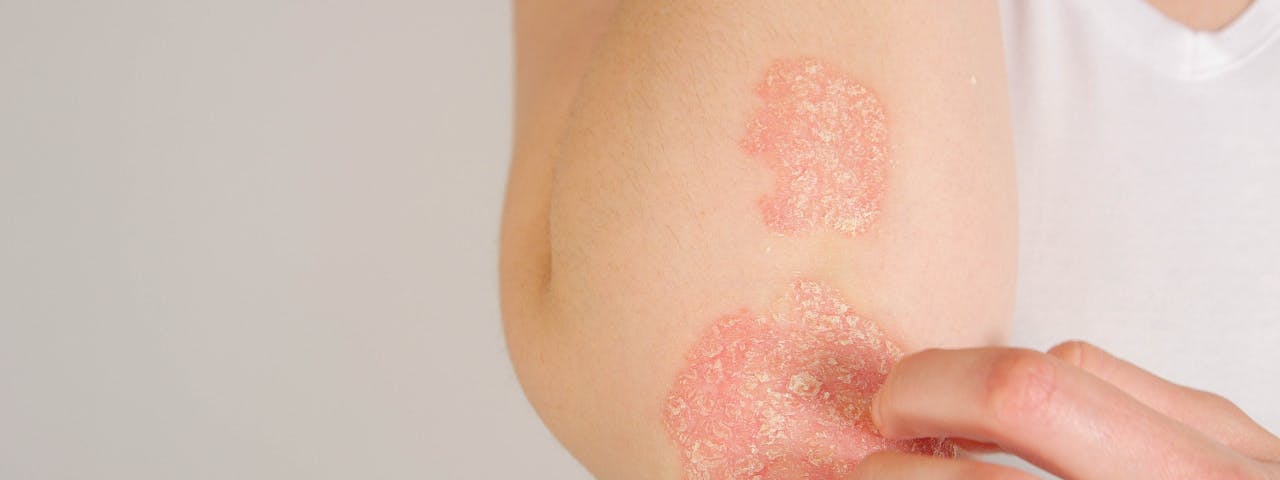Even for people who have never experienced eczema before, it’s not uncommon for it to show up during pregnancy. Up to 80% of pregnant people who develop atopic dermatitis have first-time cases, making it a frequently occurring “dermatosis of pregnancy,” or skin condition specific to the childbirth journey.
However, existing eczema symptoms often continue or worsen in pregnant people as well, perhaps due to a drop-off in treatment.
Here’s how to spot eczema, and what you can do about it while pregnant:
Eczema symptoms
Different types of eczema have various presentations, from the raised round spots of nummular eczema to the blistered skin on the hands and feet seen in dyshidrotic eczema. Each person will experience eczema differently.
Atopic dermatitis shares symptoms with other forms of the condition and is the most common diagnosis. Here are some typical symptoms, which can affect any part of the body:
- Dry skin and itch
- Rash, which will be swollen and vary in appearance due to skin tone
- Small bumps on darker skin tones
- Thicker skin that may be leathery
- Darker skin around the eyes
- Bumps that can leak fluid and then crust
Treating eczema while pregnant
It’s important to address eczema symptoms to avoid a bacterial infection that worsens the condition. Starting with the least-intensive interventions, here’s what you can do.
Home care
There are plenty of non-prescription methods to alleviate eczema symptoms and potentially prevent flare-ups at home. This basic care is meant to keep the skin hydrated since eczema weakens the skin’s protective barrier that seals in moisture and protects against irritation and allergic reactions. All of them are safe during pregnancy.
Using creams, lotions or shea butter twice per day helps your skin stay moist. You can also cover affected areas with a wet wrapping after moisturizing. Taking warm baths or showers and avoiding anti-bacterial soaps can help, too, since hot water and soap can dry the skin.
Advanced care
Although some medications for moderate-to-severe eczema can be dangerous for mothers and a developing child, a few safe and effective options remain. Only the strongest steroid creams pose risks, and topical steroids are a frequent treatment in moderate cases. Light therapy using ultraviolet B can be effective for persistent eczema as well.
If you’re concerned about new or worsening eczema during pregnancy — and if basic care does not improve symptoms — consult a dermatologist to receive safe, expertly guided treatment. You can access a board-certified dermatologist anytime, anywhere, at cortinahealth.com.


